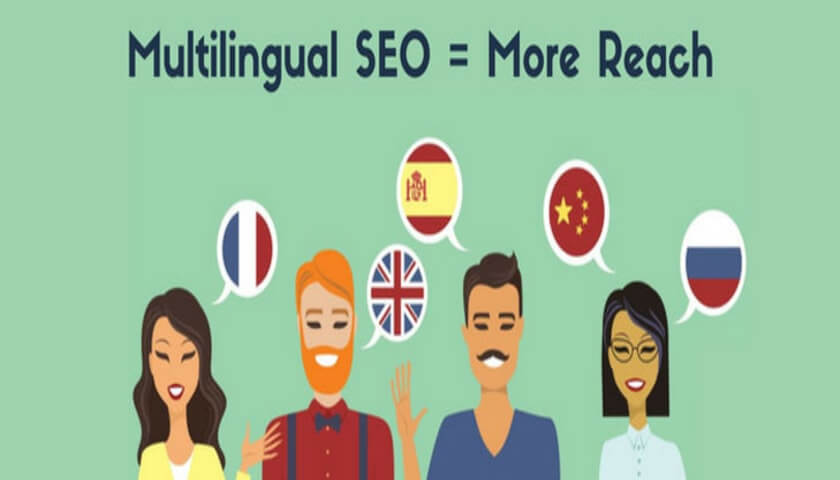Since English is the most common language used on the web, it’s easy to think that it’s the only language that SEO techniques work for.
However, multilingual SEO is becoming increasingly important as more and more major search engines map the web in every language that people use. This technique relies on the ability of web designers and content creators to offer users optimized pages in every language that a company is trying to rank for.
As companies seek to expand outside of their own borders, global multilingual SEO is quickly becoming a big talking point.
Planning Out a Multilingual SEO Strategy
Companies that want to rank on search engines around the world have to tune their content for a variety of local languages. While many people around the world speak more than one language, they more than likely do most of their web browsing in their native tongue.
That means a brand manager or content creator would need to host pages that target said language if they hoped to reach these potential customers.
That being said, just hosting pages in languages other than English isn’t enough to start attracting consumers in overseas markets. You’d actually need to tailor your content to match what keywords people might be searching in other countries.
According to eCommerce optimization experts from Contentful, “A website may perform well in search in its home country, but brands shouldn’t assume that translation alone is enough to drive success in new markets.”
Anyone who wants to plan out a global multilingual SEO strategy would need to do keyword research for the target language every bit as diligently as they would when writing English content.
This means you’d need to work with someone who is fluent in every language that you need to rank in. Fortunately, it’s easy enough to find content writers online who can produce material in a wide variety of dialects.
In many cases, multilingual SEO strategies are even needed to make domestic sales. For instance, a Canadian company would want to make sure that they rank highly in both English and French in order to reach the greatest number of potential buyers possible.
Regardless of the specific reasons behind it, though, those who are planning a multilingual SEO strategy need to do everything possible to avoid the use of automatic translators. Not only do these put out bad copy, but they might also totally gloss over legitimate keywords that you’ll want to go after.
YOU MAY LIKE: How to Optimize Your Website for Top Rankings & business growth
As you start to shape your SEO strategy, ask yourself how your potential customers search for information online. Google may be the most popular search engine in North America, but Bing, Yahoo, and Baidu hold quite a bit of market share in many countries.
You’ll also want to ask yourself if your current marketing direction is right for your new customers. There’s a chance that buyers in another cultural setting may be uninterested in how you do things. It’s equally possible that they might find something from your current plan offensive.
Optimize Your Content for an International Audience
Always make sure to think about what your clients need and how they’re going to find what they’re searching for, no matter what nation they hail from. This insight will help you truly optimize your content for every language in a way that goes far beyond simple SEO.



